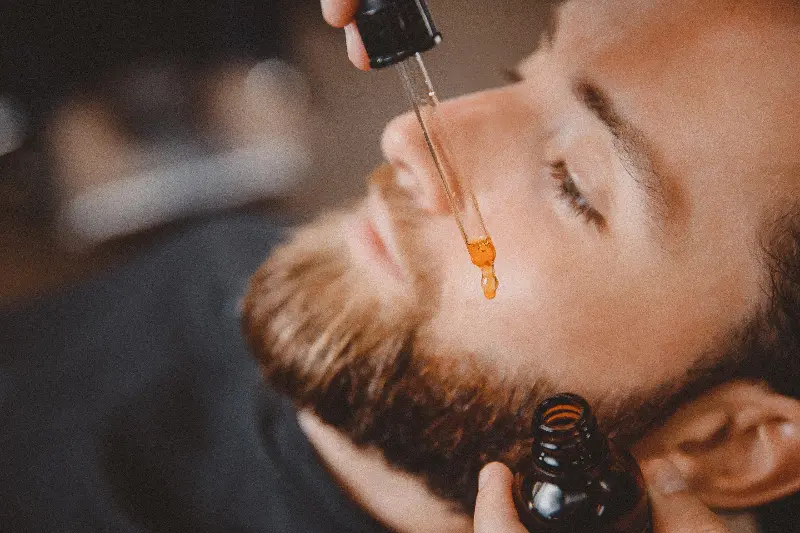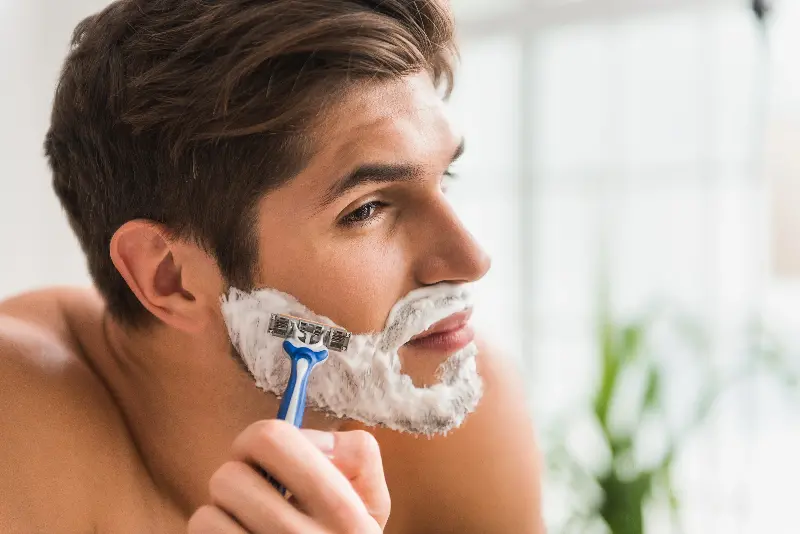Most of us glide through our daily grooming rituals without a second thought, whether it’s a brisk shave, a meticulous beard trim, or brushing our hair until it shines. Little do we realise, these simple routines are not just about looking presentable—they’re quietly shaping our mental landscape. From ancient traditions to modern self-care, grooming has always carried psychological weight. But what secrets are hidden beneath the lather, the comb, and the clippers? Let’s step into the mirror and discover how everyday grooming truly affects our minds.

The Psychology Behind The Mirror
Scientists and psychologists have long noticed that grooming goes beyond mere habit. In fact, it’s a powerful ritual that can foster a sense of identity, self-confidence and even emotional stability. When we look into the mirror each morning, we’re not just managing our exterior. According to Dr. Vivian Diller, author and psychologist, these rituals serve as a form of self-affirmation, signalling to our brain that we’re ready to face the day.
There’s compelling research suggesting that people who keep up regular grooming routines—be it beard trimming, moisturising, or applying make-up—often experience higher levels of self-esteem. It’s not about vanity but about control. Grooming provides a sense of order in a chaotic world, imbibing you with agency over how others see you and, more importantly, how you see yourself.
From Facial Hair To Well-Being
History books are full of men whose beards signified everything from wisdom to rebellion. But more recently, psychology is uncovering what facial hair—or its removal—does for the people under the beards. A 2017 study published in the journal “Body Image” found that for many men, growing a beard can feel like putting on invisible armour. It’s a conscious expression of personality, masculinity, or even an act of self-soothing.
On the flip side, the clean-shaven look brings its own set of psychological advantages. For some, shaving is almost meditative—a rare moment of quiet focus that can lower anxiety and create a sense of renewal. In both sexes, self-care through grooming can act as a buffer against stress, releasing endorphins and reducing cortisol, the hormone linked to stress.
Interestingly, barber shops and salons are increasingly recognised as “third places”—environments beyond home and work that offer social comfort. The simple act of having someone else groom you can trigger feelings of being cared for, valued, and included, explaining why a fresh haircut or beard trim often results in a noticeable mood uplift.

Rituals That Say More Than Words
There’s a reason “bad hair days” get us down: our grooming choices affect not just how we see ourselves, but how we believe the world sees us. Psychologists call this the “looking glass self”—the tendency to form our self-worth based on how we think others perceive us. Small adjustments in beard length, hair colour or even shoe polish can become statements of intent, signalling readiness for a job interview, a date, or even just the challenges of daily life.
But there’s more beneath the surface. Grooming routines, by their repetitive nature, can embed themselves deep in our neural pathways. This predictability can have a calming effect, according to Dr. Jeremy Smith, a clinical psychologist specialising in habit formation. He says, “Rituals like shaving or styling your hair become a kind of anchor, grounding you when life feels unsteady.”
For people battling depression or anxiety, restoring a sense of routine—something as simple as combing hair or applying moisturiser—can be a lifeline back to normalcy. During the height of pandemic lockdowns, mental health experts encouraged maintaining grooming habits precisely because they reinforce self-respect and dignity, even when you’re not seeing anyone else.
Grooming And Gender: Blurring The Edges
While beards are often the face of male grooming, the psychological undercurrents reach far beyond gender. Women and men alike derive similar comfort from the process of personal care. For women, applying lipstick or mastering a skincare regimen can instil a feeling of readiness and empowerment. For men, a pumped-up grooming routine has become part of a broader movement toward self-care that breaks outdated taboos.
Modern studies reveal that both sexes use grooming to explore and express identity. Gen Z in particular is challenging traditional lines, experimenting with facial hair, nail art, or bold hairstyles in a bid to claim individuality. This fluidity is mirrored in psychology: feeling free to define your appearance helps build confidence and encourages a strong, authentic sense of self.
